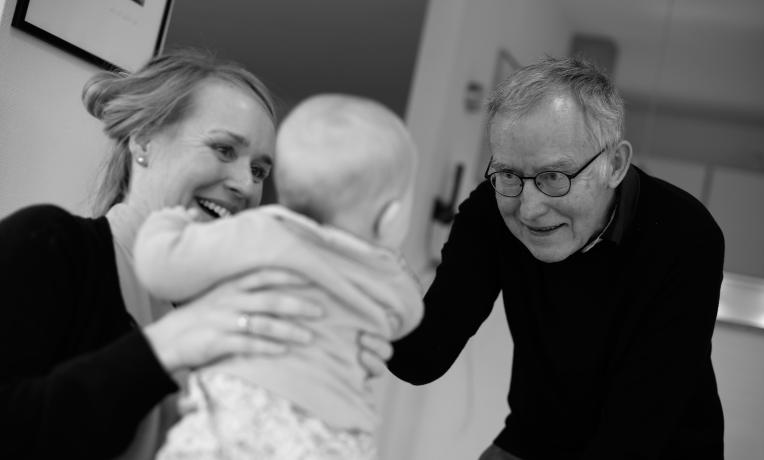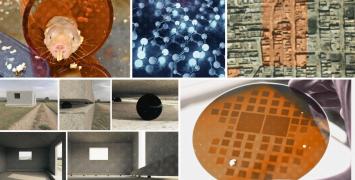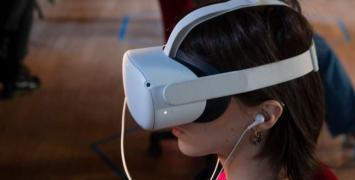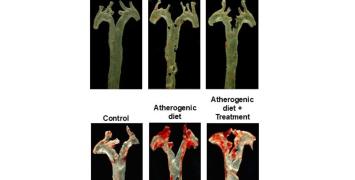Together, we can achieve a lot
Ole Kamstrup, MD., MSc., is a pensioner and lives north of Copenhagen in Denmark. He has been diagnosed with Parkinson's disease ten years ago. Since 2013, Mr Kamstrup has been in contact with Professor Deniz Kirik, a neuroscientist at Lund University in Sweden. Professor Kirik, who was awarded an ERC Starting Grant in 2009, develops new therapies for Parkinson’s disease, using viral vectors to deliver therapeutic genes to the brain. An ERC Proof of Concept grant enabled him to start carrying out a market evaluation and writing a business plan for the promising therapy.
Originally published in March 2017 as part of the multimedia campaign "ERC - 10 years – 10 portraits."

My name is Ole Kamstrup, I’m 71 years old and I live in Denmark. I got my disease diagnosed in the autumn of 2006. I recognised myself that there was something wrong, when I was playing golf. My right hand was trembling a little bit, so it could be a little bit difficult for me to place the golf ball on the tee. And then my tennis was not as good as it had been before. I did not have many symptoms at the beginning but then, gradually... when I walk, I walk a typical Parkinson’s walk: when you go with your head ahead of you, you look more or less down to the earth and you walk with small steps. I’m also very slow at taking my clothes on and off and my short-term memory has deteriorated. It may have deteriorated anyway, because I’m getting older.
My symptoms, I don't look at them as a problem, I look at them as a challenge. Ok, my tennis has deteriorated, then I think: 'you need some more training'. One of the Danish professors, David Woldbye from Copenhagen University, he said: “We have a Swedish guy, he’s world famous. And he is by far much better than anyone we have here in Denmark, and that’s Deniz Kirik". It was clear to me that Deniz had invented - or his research has shown - very good results in animal tests. Gene therapy is a new treatment.
And you know, the brilliant thing with gene therapy is also that it is a one-time treatment because when you have changed the nerve cells in the brain, the change stays there because the brain cells do not die, so they are treated forever, you could say. I will gladly offer my head to be one of the first to receive this treatment. So the key thing with Deniz’ research is that I really hope I can receive the treatment as fast as possible to stop the progression of my disease.
I’m really happy that Deniz has received funding from the ERC, because it’s very costly research and now we are going to trials in humans it will be immensely costly, it will be hundreds of millions of euros. And that’s very difficult for a single country to achieve, but by working together - and that’s a very good thing with the EU, we can work together - we can achieve a lot.
Watching this video you are accepting Youtube cookies policy





